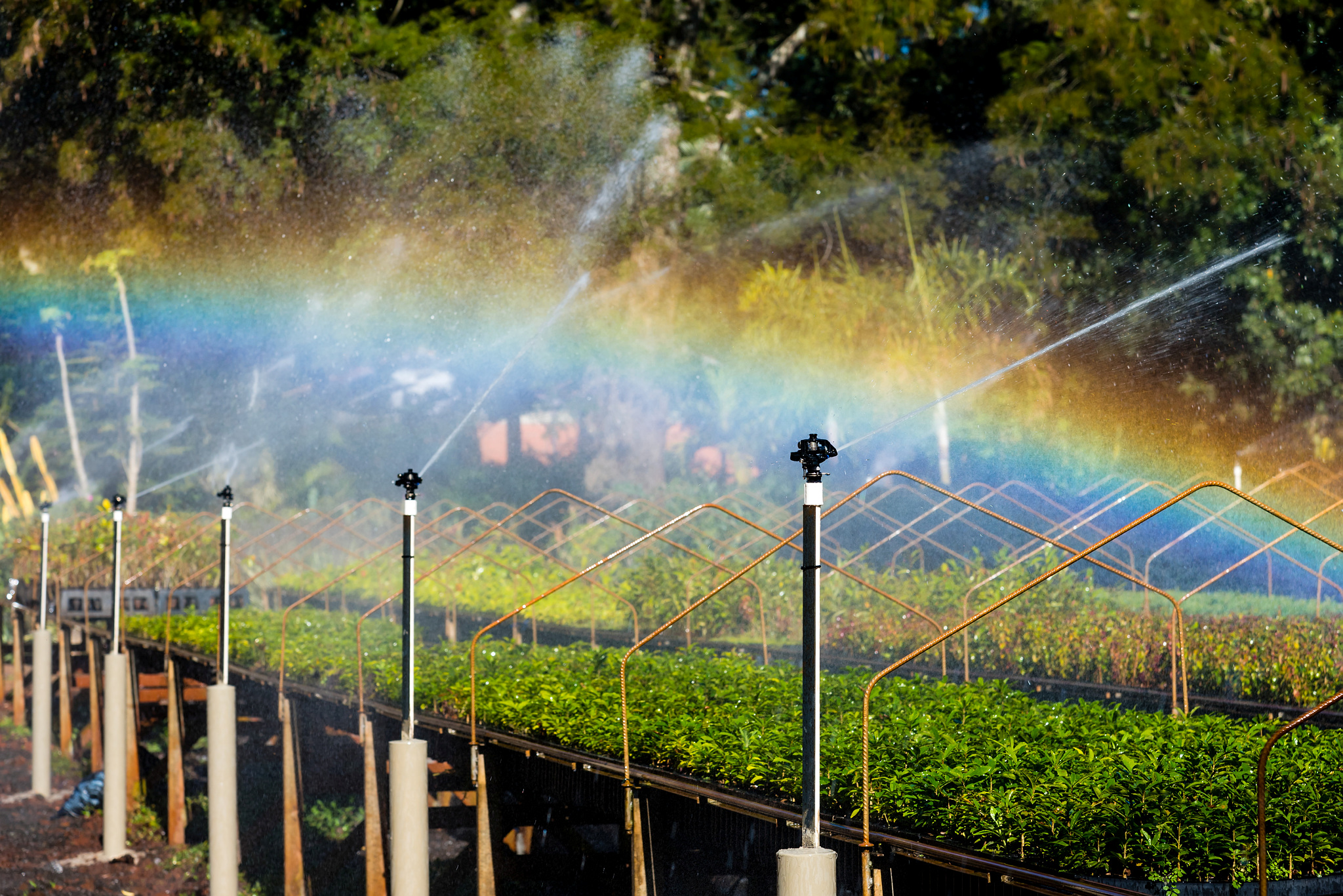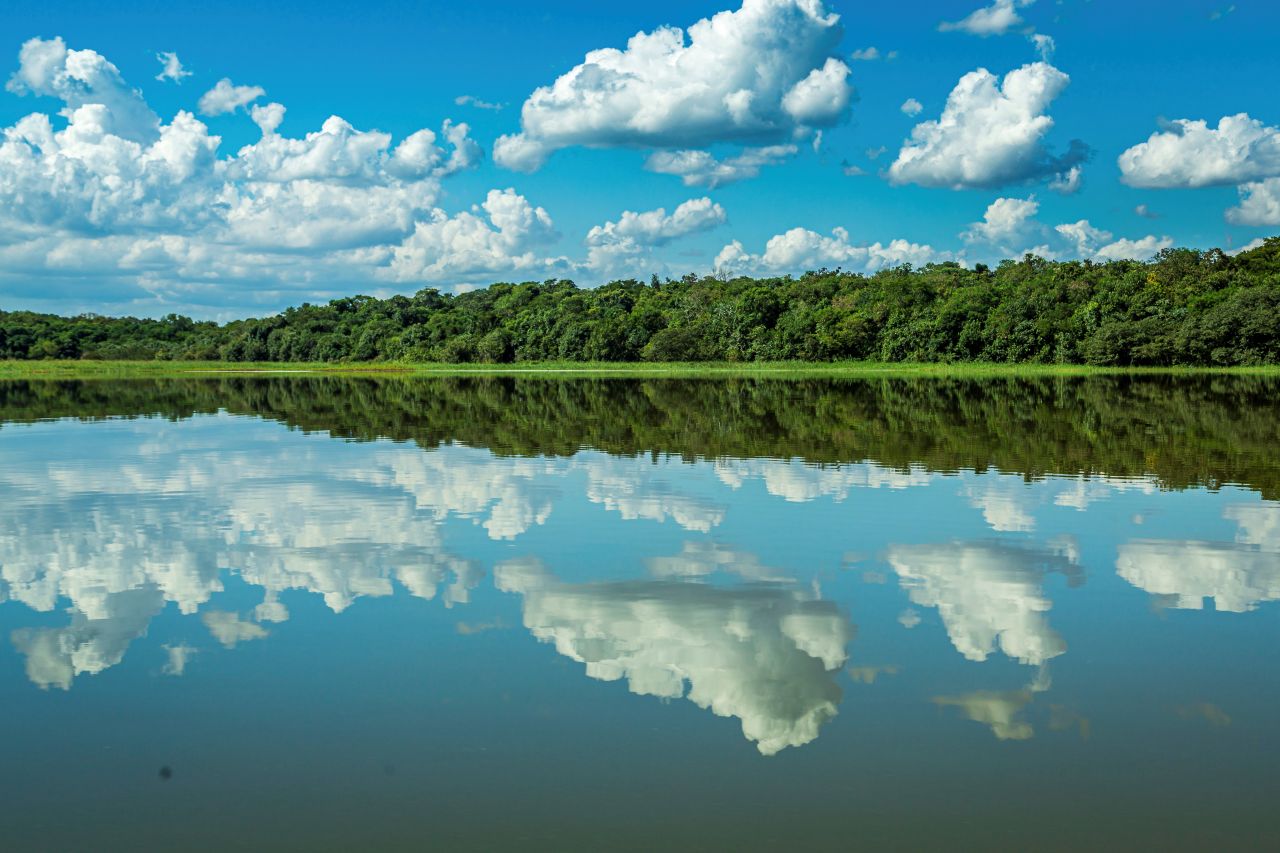Atlantic Forest: One of Brazil’s Longest-Running Environmental Recovery Efforts to Be Showcased at COP30
More than 100,000 hectares of the biome in Brazil and Paraguay are safeguarded through initiatives by Itaipu Binacional. Of that total, 73,000 hectares in western Paraná have been restored.

One of Brazil’s longest-running projects for the recovery and preservation of biomes, centered on the Atlantic Forest along the Brazil–Paraguay border, will be presented at COP30 in Belém. More than 100,000 hectares of this biome have been conserved in both countries. UNESCO has designated this natural heritage as a core area of the Atlantic Forest Biosphere Reserve—an area created to ensure the protection of biological, geomorphological, and historical resources.
The protection of these forests is the result of nearly four decades of work led by Itaipu Binacional, the hydroelectric company jointly operated by Brazil and Paraguay. The initiative will be showcased in side events organized by the company in both the Blue and Green Zones, as well as at Itaipu’s stand in the Green Zone, during the 30th United Nations Climate Change Conference.
In Brazil alone, 40,000 hectares are protected—most of them restored—according to Veridiana da Costa Pereira, manager of Itaipu’s Protected Areas Division. “When Itaipu was built, much of the land on the Brazilian side had already been occupied by farming and ranching. That made gradual reforestation essential to reach the intended goal: creating a green belt to protect the reservoir,” said the forest engineer.
Since 1979, Itaipu has planted more than 24 million trees along the reservoir’s protection strip and in other protected areas, making it one of the country’s most enduring restoration processes. The work has extended beyond Itaipu’s own lands to include the broader watershed.
In 2024, a study conducted by the Federal University of ABC in partnership with Itaipu and Itaipu Parquetec—recognized with an award by the MapBiomas network—found that the company’s efforts had restored 73,000 hectares in the Paraná River Basin (Section 3), in western Paraná, improving ecological connectivity across the landscape.
To support this work, Itaipu built nurseries to produce native Atlantic Forest seedlings. One of them remains active at the Bela Vista Biological Refuge in Foz do Iguaçu (PR), producing about 350,000 seedlings annually. These are used to maintain Itaipu’s protected areas and are also donated for planting in municipalities across Paraná and Mato Grosso do Sul.
According to Pereira, Itaipu’s protected areas function as green infrastructure that prevents reservoir silting, reduces sediment inflow, and helps extend the reservoir’s lifespan, currently estimated at 194 years.
“More than conserving the Atlantic Forest, Itaipu’s protected areas generate ecosystem services that benefit rural and urban communities in Paraná and Mato Grosso do Sul, while connecting major conservation units such as Iguaçu National Park and Ilha Grande National Park, as well as Private Natural Heritage Reserves (RPPNs, in the Portuguese acronym) and forest fragments scattered across farms and riverbanks,” she said.

Science
These areas also host numerous studies conducted in partnership with Brazilian universities and research institutions, covering subjects such as forest restoration, wildlife conservation and reproduction, ecological interactions, and carbon balance.
Enio Verri, Itaipu’s Brazilian director general, said the company’s environmental experience offers critical lessons in addressing climate change.
“This green infrastructure built by Itaipu demonstrates the link between forest preservation and water resource conservation. The company’s research and monitoring show that biodiversity helps safeguard water—and therefore provides greater resilience against climate change,” Verri said.
About Itaipu Binacional
With 20 generating units and an installed capacity of 14,000 megawatts, Itaipu Binacional is one of the world’s largest producers of renewable hydroelectric energy. Since beginning operations in 1984, it has generated more than 3 billion megawatt-hours. Its mission is to provide high-quality energy with social and environmental responsibility, contributing to the development of both Brazil and Paraguay. Beyond its role as a hydroelectric plant, Itaipu also invests in sustainability, innovation, and community well-being across its area of influence.
Translation: Tadeu Azevedo (POET/UFC)
Proofreading: Michel Emmanuel Félix François (POET/UFC)
